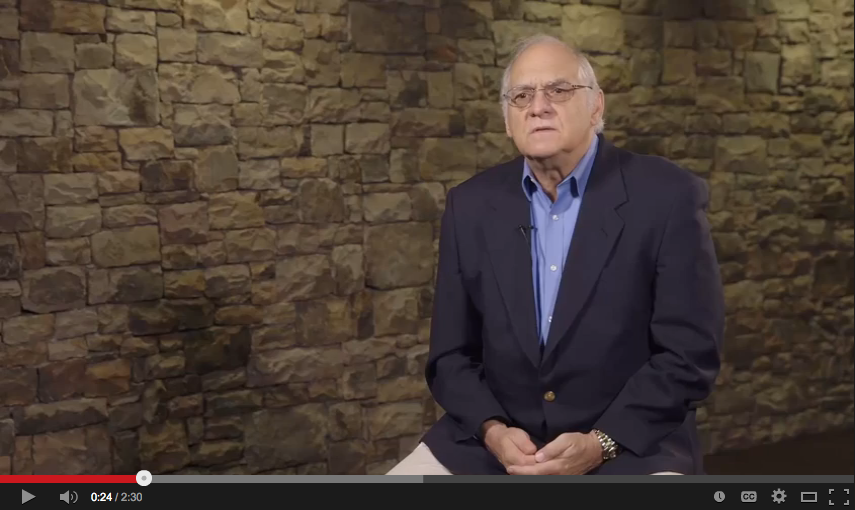By Stephanie Parisi

Stephanie Parisi is the lead instructional designer for the Coursera MOOC Initiative at Emory University
At our December 3rd Brown Bag Seminar, I presented on the MOOC initiative at Emory. Massive Open Online Courses are finding their place at institutions of higher learning, and Emory is no exception. Partnering with educational platform provider Coursera, the Emory Coursera team in Faculty Services (LITS) has produced eight MOOCs since 2012. The ninth course, “Ebola: An Evolving Epidemic,” will be released in early 2015.
Enrollments in these courses of study have ranged from 5,000 to 50,000 learners and have been developed by faculty across all subject areas. As you can imagine, there are several challenges associated with offering courses of this massive scale, one of the biggest is data and analytics.
Still considered to be in a state of experimentation, there are little to no established measures of quality for MOOCs. One reason for this may be that MOOCs serve different purposes depending on the institution providing them. But regardless of purpose, most institutions share the common goal of continual course improvement.
At Emory, MOOC data is collected primarily in two ways. The first is platform-provided data. This is demographic and activity data collected within Coursera and provided on an analytics dashboard in aggregate form. Also provided is assessment data, allowing one to drill down as far as question-level. The second collection method is the pre- and post-course surveys administered to learners. These surveys are voluntary and provide additional insight into the learner experience. In addition to demographic information, these surveys ask about learner motivation, intention, satisfaction, participation, attitudes, and opinions.
It is important to note that overall completion rates do not tell the whole story, nor should they indicate course success. MOOCs support individual learning journeys, and much can be taken from the course materials alone, or simply the experience. Average completion rates for MOOCs (without peer assessment) are between 4% and 7% . Emory’s 2014 non-peer assessed MOOCs produced completion rates of 7%, 9%, and 12%. Additionally, overall satisfaction rates for each of the five courses were rated 4 or higher on a scale of 1 to 5.
In addition to collecting and analyzing data around MOOCs to guide the development of improved future courses, we have also seen a positive impact on the faculty developers.

Sources for completion rate data:
Enjoyed looking at this, very good stuff, regards. “Be not careless in deeds, nor confused in words, nor rambling in thought.” by Marcus Aurelius Antoninus.
You cod’nult pay me to ignore these posts!
I went over this web site and I believe you have a lot of great information, saved to favorites (:.
Thank you very much for the information.